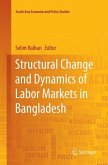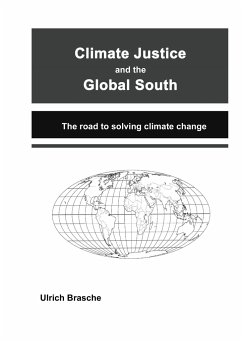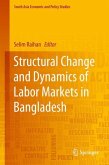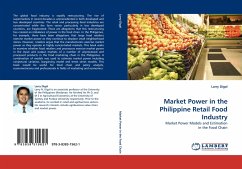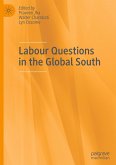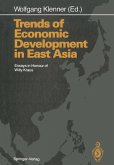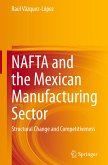This explorative, primary data-based study provides findings on the first nearly two decades of the emerging supermarket industry in Bangladesh, in particular its capital city Dhaka. The objective is thereby twofold: On the one hand, the study traces the so-far development of supermarkets in Dhaka, and Bangladesh, and depicts current hindering factors to the local supermarket industry's further development, as well as supermarket managers' measures to tackle these challenges. On the other hand, the study explores the (potential) implications of emerging supermarkets for other food retailers on-site. To this end, the study's focus lies on so-called wet markets (Bengali: kacha bazars) as an exemplary "traditional" food retail format. Here, the study strives for the determination of supermarkets' competitive pressure on kacha bazars in Dhaka, and kacha bazar vendors' corresponding (proactive) coping strategies. The study is based on theoretical and conceptional reflections on markets and market structures, the fundamentals of retail management and modern food retail, and research findings on supermarkets' structural impact on food retail markets in other country contexts.
Bitte wählen Sie Ihr Anliegen aus.
Rechnungen
Retourenschein anfordern
Bestellstatus
Storno


